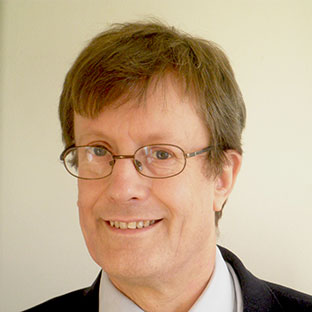Three moments stay with me particularly from the launch of the Inclusive Growth Commission yesterday.
First, it was the trending of the Commission’s new hashtag #incgrowth, which would have made it to the top of the Twitter list if it hadn’t been for the bizarre series of tweets which greeted news about Ed Balls, involving people wishing each other a ‘happy #edballsday”.
Second, was the symbolic picture painted by LSE professor Tony Travers of shiny, revived and luxurious developments in Manchester city centre, when – only three miles or so away – entrenched poverty means that local male life expectancy is the same as Russia.
It isn’t just Manchester; we all have our pet examples. We may or may not be getting more unequal in the UK, but we do know – if we didn’t need reminding – that, left to itself, economic growth doesn’t spread very well. It has its own boundaries.
The third moment was when the Commission chair Stephanie Flanders reminded us of her father’s song about London buses, ‘The Transport of Delight’ (“hold very tight please, ding ding” – yes, there was a time when I knew all the words).
She was describing her fascination, at one stage in her life, with bus routes and bus stations. It was her way of explaining the importance of geographical inclusion in the Commission’s work. Because, often, spreading the benefits of success depends as much as anything on bus routes, and – as she said – “contributes to the gaps between neighbourhoods”.
She said that geographical inclusion means seeing if you “can develop approaches which will not inadvertently increase the gaps between these regions, or between the centre where they are just outside, or on the fringes.”
The Commission launch saw Stephanie receiving the metaphorical baton from Lord O’Neill, now Commercial Secretary to the Treasury, who had chaired the City Growth Commission which reported in 2014 – and which gave the world the phrase ‘Northern Powerhouse’ and launched the devo programme, which has devolved budgets and powers, first to Manchester and now to a range of other UK cities.
His advice was about being brave: “Be as bold as you can in these twelve months and don’t be afraid to say things that are not necessarily conventional,” he said.
Stephanie emphasised three points in her introduction. The first was about those elusive geographical links.
She also painted her own picture of a debate that had become stuck between the emotional rhetoric and a bald statistical approach that simply puts the issues more clearly – talking about the need to take a more ‘granular’ and local approach to the statistics, and to provide practical steps for cities to take.
And she talked about the need to look at what she called the ‘wiring’ of powers and money. “We are hard-wired in this country to think centrally, and in terms of pots and places,” she said. “We need to be bold and start thinking about what a better wired system might look like.”
These are all vital points and they provide the beginning of a route map out of the usual circles of argument and emotion that has so bogged down the debate about economic inclusion. Stephanie Flanders and the commissioners will need to pick their way through the undergrowth of rhetoric, aware that another commission spelling out the facts on inclusion isn’t really what people need. Or so she said.
They need something challenging enough to influence central government decision-makers, and practical enough to be of actual use to city leaders in their day by day decisions.
I’ve been involved in the localism debate for three decades now, and the debate has been bogged down by rival language, subtle distinctions, simple exhaustion and a strong dose of metropolitan snobbery. For the first time, it seems to me, we might have some reason to hope for a breakthrough.
Find out more about the Inclusive Growth Commission
Read the prospectus of inquiry online (via Medium)
David Boyle is a Research Associate at the RSA.
You can find him on Twitter @davidboyle1958
Related articles
-
Are inclusive growth policies compatible with the current model of welfare?
Dr David Etherington Prof. Martin Jones
Dr David Etherington and Professor Martin Jones explore how changes to the welfare system could promote inclusive growth
-
Places can drive inclusive growth – but government has to do its bit
Atif Shafique
Our ‘deep dive’ research suggests that inclusive growth can reinvigorate places, but it will require a big effort from both local and national government. Inclusive growth can’t be done on the cheap.


Be the first to write a comment
Comments
Please login to post a comment or reply
Don't have an account? Click here to register.